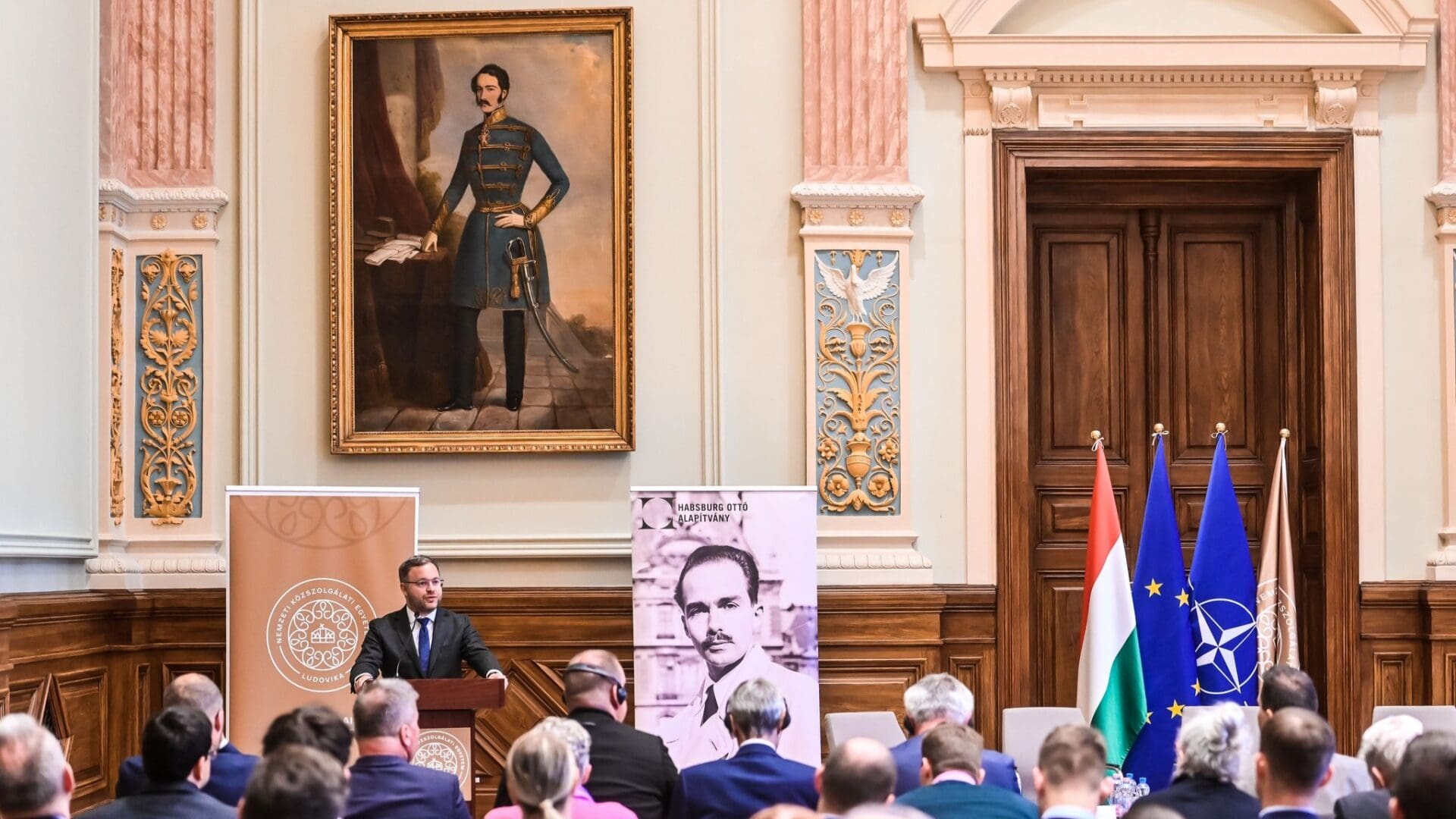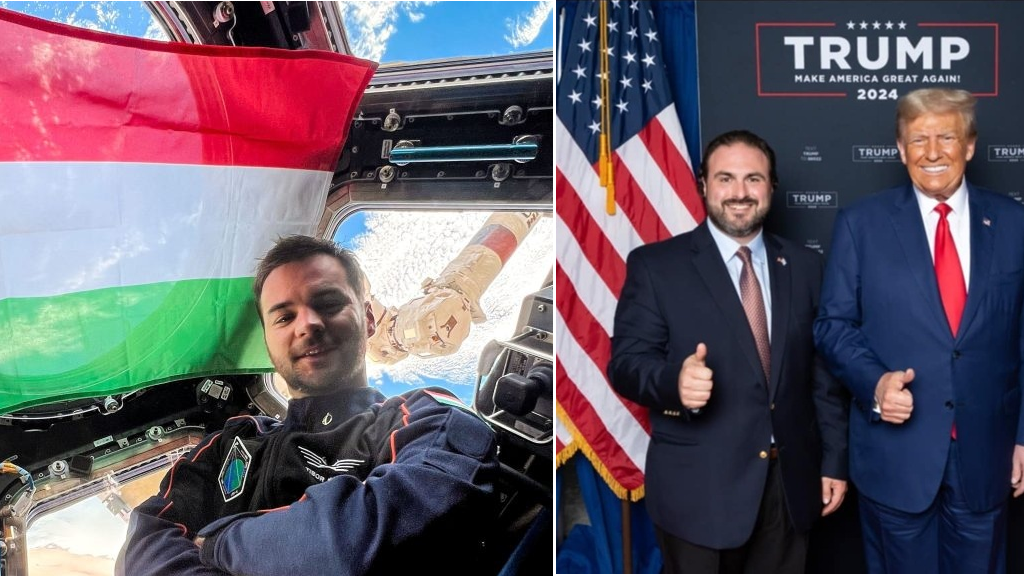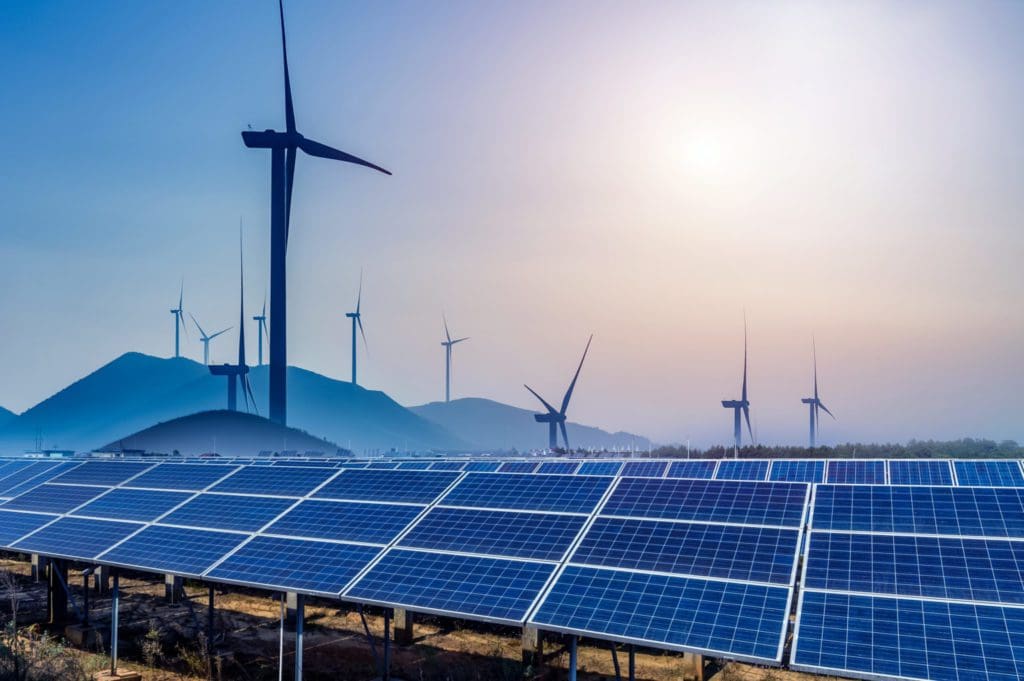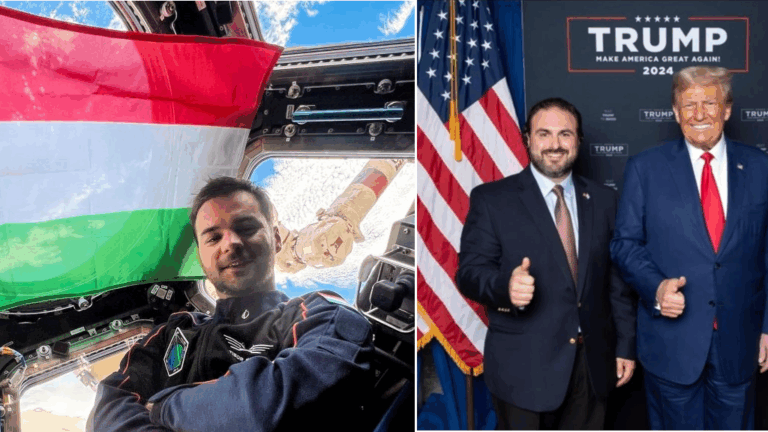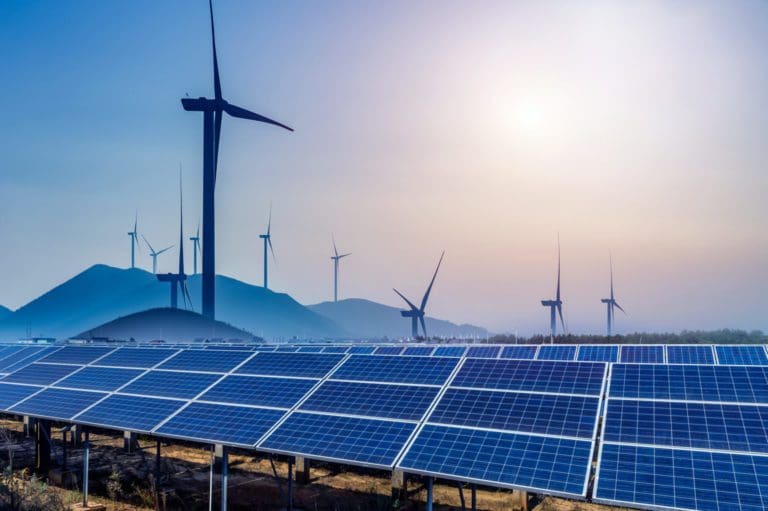The Central European and EU cooperation should focus much more on finding common ground rather than concentrating on disputes, and maintaining communication is particularly important nowadays, as stated at the event titled Central European Cooperation in the Shadow of War at the University of Public Service on 6 June.
During a conference on the future possibilities of cooperation between the Visegrád countries and Germany, Gergely Prőhle, head of the National Strategic Institute at the University of Public Service, reminded the audience of the important message of the Élysée Treaty, which emphasises that maintaining communication is crucial in the relationship between two countries. He added: nowadays, the maintenance of diplomatic communication has gained increased importance in Central Europe.
The organisational framework of Central European cooperation is primarily the Visegrád Group (V4), and with the reunification, Germany has also become a Central European country according to Prőhle. Berlin has twice as much influence in terms of trade exchange with the V4 countries compared to France, highlighted Gergely Prőhle.
The director reminded that
Archduke Otto von Habsburg was one of the historical proponents of Central European cooperation
before the regime change, who did everything in his power to ensure that the Central European countries join the EU together. Greeting the next speaker, he said: Balázs Orbán, the Prime Minister’s political director, has worked out the foundations of a foreign policy strategy that helps international actors understand, even if they do not necessarily agree with, the intentions of this country of ten million people.
Quoting acclaimed Hungarian author and poet Sándor Márai, Balázs Orbán emphasised that Hungary can only live and survive in Central Europe by demanding quality from itself and not settling for mediocrity. As he said, Hungarians would like to be winners in the events happening around them.
In his opinion, there is currently a restructuring of the global political structure because its three pillars seem to be wavering. Firstly, one pillar has been the Western states functioning as the centre of gravity for world economy. Secondly, the world’s institutional framework was shaped according to the Western model after 1945. Thirdly, after 1990, following the collapse of the Soviet Union, the United States became dominant with a neoliberal economic model and set out to spread it, thereby attempting to maintain peace in the world. These pillars are no longer stable: the neoliberal ideology has weakened, and the USA has sold weapons to dozens of states considered to be authoritarian. Economic competition between the Western and non-Western world is becoming balanced,
thus the world is returning to a state of equilibrium, Balázs Orbán offered.
He recalled that in 1990, the Western world accounted for 50 per cent of the global economic power, whereas this year it is only 30 percent, and this loss of influence is visible in several areas. The West is in a worse position in terms of energy carriers and rare metals, and yet every industrial revolution occurs as a result of cheap energy. In terms of demographics, the West is at a disadvantage, too. In addition, in the field of technology, several countries are progressing on par with the West. However, in terms of military power, the West’s superiority remains significant.
He recalled that Henry Kissinger said of Konrad Adenauer that he was able to reconcile humility and strength in strategic thinking. He understood that countries should not focus on differences but rather on areas of agreement. Western Europe has different views on immigration and child protection from those held by Hungary, but we should not let these be the main elements of discourse. We need to find the points of mutual cooperation, he stressed. He noted that the broader geopolitical question that Europe is faced with is whether through debate a settlement can be reached, whether we can prepare for an ideological war, or whether we can remove contentious issues from the agenda altogether.
‘We must not waste energy on unnecessary disputes;
instead, we should focus on areas of cooperation,’ he said. Individually, no Central European country is strong enough to propose such ideas, but collectively, the Visegrád Group can succeed. Together, they rank eighth in terms of GDP in the European Union. An example of such a V4 proposal could be not taking away the cultural identity of European countries because Europe’s strength lies in its diversity. Brussels should stop wanting to control CEE countries and portray them as causing division by diversity. At the same time, EU enlargement should be continued, and the EU should be made attractive again so that more countries would want to join.
Balázs Orbán argued that the possibility of formulating an independent foreign policy within a flexible common framework should not be taken away from member states. In parallel, Europe should be capable of defending itself against the Russian threat, so defence spending should be increased, and European manufacturing capacities should be strengthened. Mr Orbán reminded that Europe’s competitiveness needs to be improved, but to do so requires access to cheap energy. Therefore energy cooperation cannot be abruptly terminated; the continent can only gradually detach itself from Russian energy.
Another important necessity is to preserve Christian values in Europe. The political director noted ironically that advocating for Christian values ‘is not a trendy conversion programme,’ but signifies a better, safer, and fairer Europe. He concluded by underscoring that a strong Germany, good German-French relations, and setting aside conflicts within Central Europe are key for the region.
Former diplomat Knut Abraham, a CDU representative and member of the Bundestag Foreign Affairs Committee, stated in his presentation that Otto von Habsburg also believed that a European is not created as a European person, but
one can be European as a Hungarian, Slovenian, or Austrian.
He emphasised that in Berlin, there are currently two dominant topics in politics: the Russian invasion against Ukraine and the implementation of the energy reform. A veritably paradigm shift can be witnessed, bidding farewell to the classic East policy characterised by rapprochement. This is evident in the unconditional support for Ukraine.
Mr Abraham remarked that strengthening the European Union as a federal-like entity has led to a historically catastrophic outcome: the goal has become to dominate Europe instead of reinforcing it based on national interests. He opined that Germany is too large to be part of Central Europe, although it can be considered partially Central European. However, he considered it important for Germany to participate in the Three Seas Initiative and be a member of the Bucharest Nine. While currently China is Germany’s strongest economic partner, Berlin could play a more active role in Central Europe, including in the Balkans, but to be able to do that, he needs friends in the region, the representative stated.

